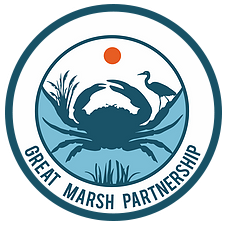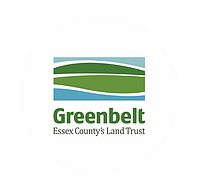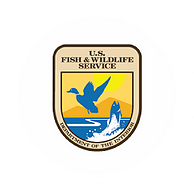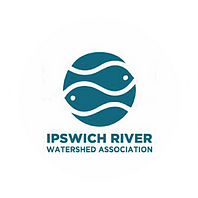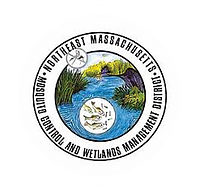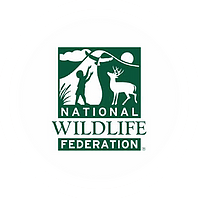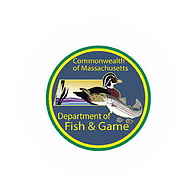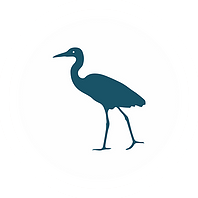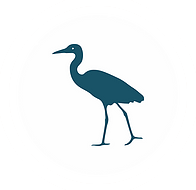Team and Partners
Our Team
Protection and restoration of the Great Marsh would not be possible without the support of local, state, and national community partners. Our work is a community initiative - thank you for your support!

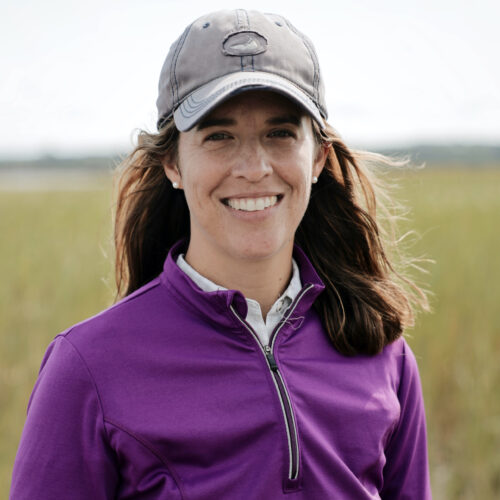


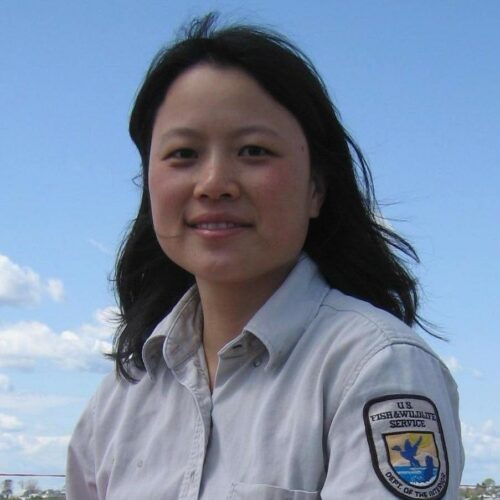
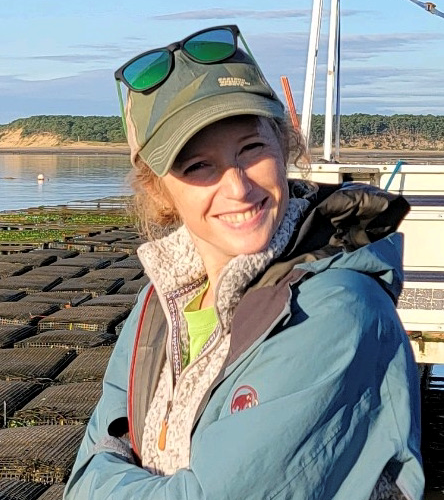
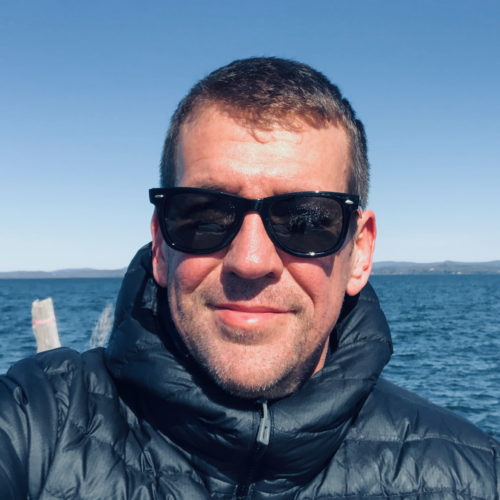
Our Partners
The partners of the Great Marsh Partnership are many and varied. Volunteers from coastal and ocean related organizations are extremely important to the success of several of our projects. In most cases our partners join with us when our work helps to further their mission or goals or when we need special expertise.
Protection and restoration of the Great Marsh is made possible with support from our local communities.
Sustaining the longevity and viability of our work in The Great Marsh would not be possible without the support of local, state, and national community partners. If you’d like to volunteer or become a sustaining member, you can support us using the link below.
